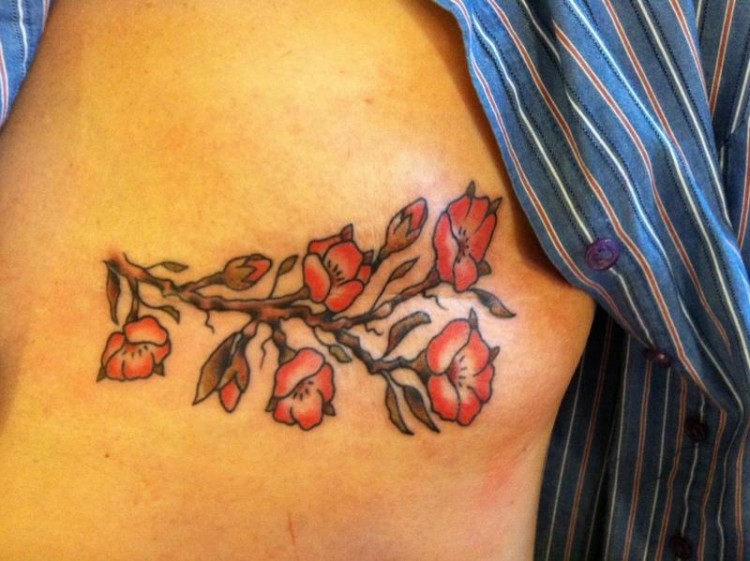Sometimes I feel like a ticking time bomb. I know I shouldn’t, but sometimes — late at night, when I can’t sleep — I do.
I know it’s better to think positively, and I’m pretty good at being my own personal cheerleader. But two years and counting since my breast cancer diagnosis and surgery, and 18 months after post-chemotherapy, I can’t help but think. I can’t help but overthink.
I’ve taken all the precautions. I’ve become more conscientious about my diet and exercise. I take Arimidex every morning to keep the estrogen level that originally fueled my cancer at bay. I take lots of vitamins. But still, that’s no guarantee.
I go for checkups when I’m supposed to, every three months to the oncologist and every six months to the breast surgeon. I go to support group meetings to bolster myself. I try to get enough sleep, despite the occasional night spent wide-eyed with dread.
I don’t have any symptoms, but I didn’t have symptoms when I was first diagnosed. I couldn’t feel the lump — smaller than a dime — even after it was pointed out to me. It turned out I had not one, but two types of breast cancer (DCIS — ductal carcinoma in situ — and invasive carcinoma). When my surgeon very prudently removed the entire mass during the biopsy, the margins still weren’t clear. Then I had a mastectomy with a chemo chaser for three horrific months, just to be sure they got it all. (P.S. They did.)
For the most part, I feel confident. I’m a one-woman breast cancer survivor pep squad for others, as well as for myself. I proudly flash the cherry-blossom tattoo I got more than a year after my surgery to mask my pancake-flat left side and cover my mastectomy scar when reconstructive surgery failed.
But, in the back of my mind, there’s always that “what if.” What if it comes back?
If you’re diagnosed in Stage 1, like I was, the stats show your chances of recurrence are only 14 percent. Only. At first glance, that seems like pretty good odds — until you imagine standing in a roomful of 100 women and picture 14 of them disappearing.
Mine is not an idle fear. It’s a reality. It seems like every other day I hear about breast cancer recurrence, or worse, someone dying after their second bout. A family friend I grew up with. My haircutter’s mother. A neighbor. When breast cancer comes back, it comes back with a vengeance. Oftentimes, it isn’t discovered until Stage 4, already metastasized into the bones, lungs and beyond.
The five-year cancer-free anniversary is a huge milestone, but for many estrogen-positive women faced with recurrence, if it comes back, it generally returns right under the five-year threshhold. Will I be one of them? There’s no way of knowing.
But instead of curling up into a hard ball of anxiety, I’m doing just the opposite. I’m throwing myself into my work and writing at a breakneck pace. At 55, there are so many things I still want to do, so many stories I need to tell. I want to live to see my son graduate from high school, from college, dance badly at his wedding, hold my first grandchild.
When I wonder if I should get those crazily expensive Patti Smith tickets (she’s not getting any younger and neither am I), I usually just say, “Screw it!” and go for it, remembering how simultaneously drained and wired I felt getting a chemo infusion, how I promised I would deny myself nothing if I lived through this.
Sometimes I feel like I’m dancing as fast as I can, trying to outrace cancer in case it tries to visit me again. Maybe this time I can outsmart it. Maybe this time my body won’t be such an agreeable host.
I try not to live in worry. I try not to dwell on it. But there are times when I feel like a ticking time bomb. I guess I always will. But that’s better than the alternative — having the time bomb explode and not being here at all.


